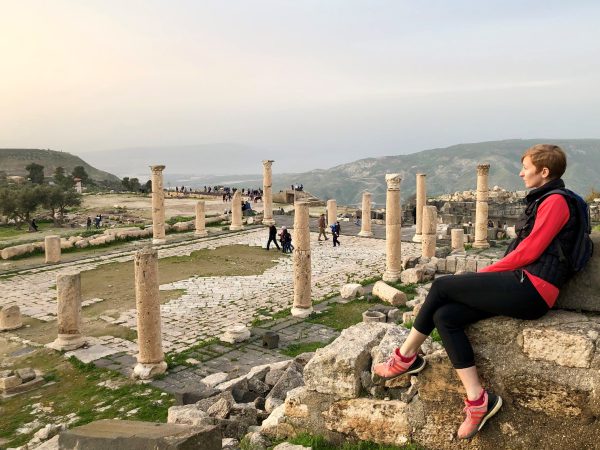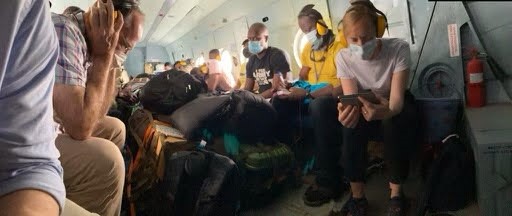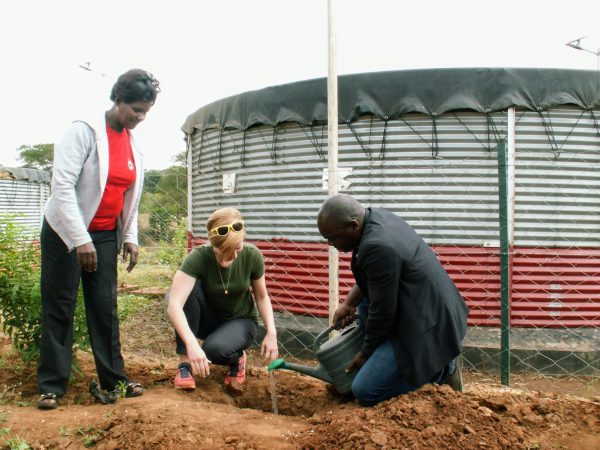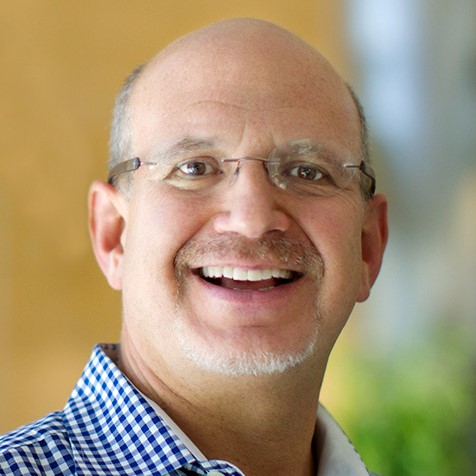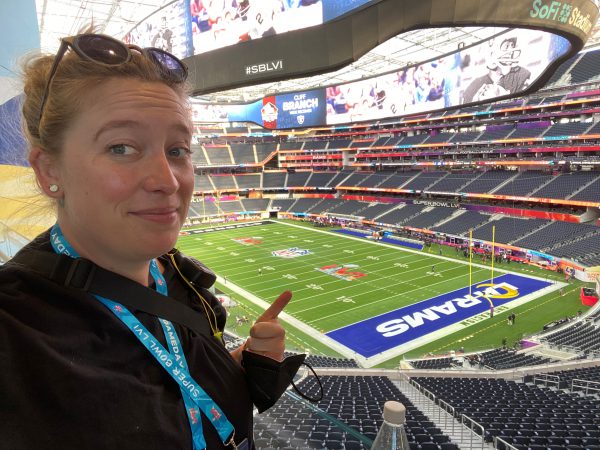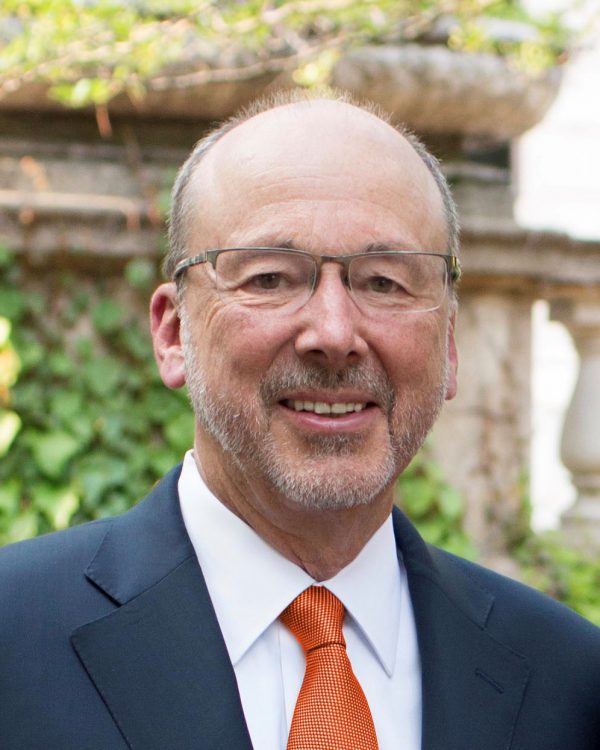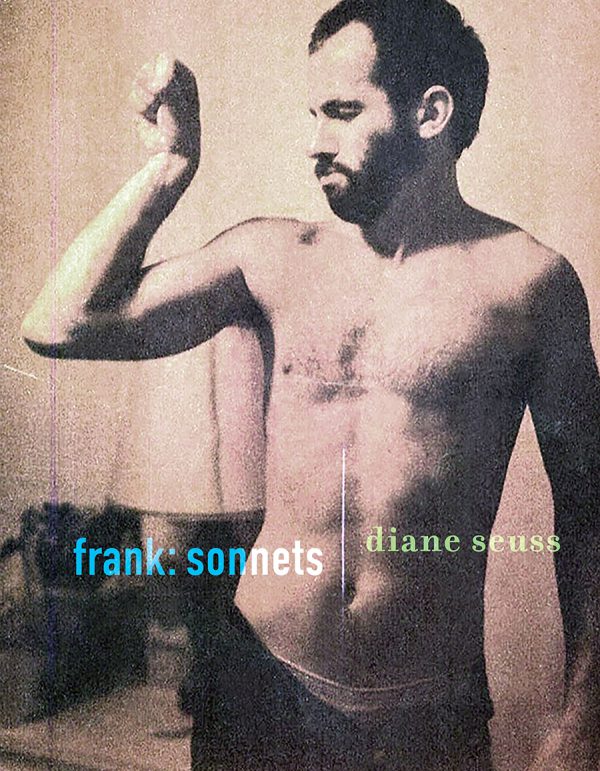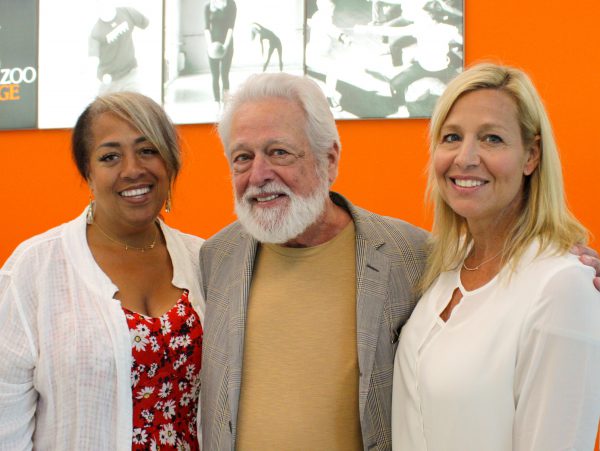The late T. Jefferson Smith was a long-time beloved Kalamazoo College math professor, the driving force behind bringing change ringing and the English tower bells to Stetson Chapel, and a true Renaissance man with a breath-taking assortment of hobbies.
Known as both Jeff and T.J., Smith was respected and admired by students and colleagues alike during his nearly 30 years at Kalamazoo College. His life and legacy are now being honored with the Professor T. Jefferson Smith Memorial Scholarship.
An anonymous donor established the fund as a practice of gratitude after a classroom experience where students were asked to name a personal hero, and many shared stories of teachers that changed their lives.
“I thought, ‘Shouldn’t we do something to recognize teachers for how much they do for us?’” the donor said. “My feeling is that teachers may not know the impact they have on students, in part because students have a long trajectory ahead. Learning experiences can have an effect that may not appear for 10, 20, 30 years. It’s important to recognize our teachers for the formative effect they have on us at a very formative time of life.”
Smith was initially hired by Kalamazoo College in 1961; after his first year of teaching, he was offered a research position with the geophysical staff at the Carnegie Institution for Science in Washington, D.C. The opportunity was too good to pass up. Smith told his family that working in applied science would balance his theoretical training and benefit his future students when he returned to the College, which he did eagerly in 1967. Smith taught at K for nearly three decades before retiring in 1994.
“Jeff and I enjoyed, admired and had deep and sincere affection for our students and our colleagues,” said his widow, Carol Smith, who was a reference librarian at K for many years. “K was a wonderful place to be and we loved all the time there.”
Smith died in April 2019, at the age of 88. The scholarship, which supports Kalamazoo College students with financial need, would have pleased him, Carol Smith said.
“Education was paramount in Jeff’s mind—the combination of the intellectual fulfillment of education and the ability to change your life,” Carol Smith said. “He grew up in rural Georgia—no plumbing, no running water, milk the cows before you go to school. His family was very close, very warm. They were very, very poor, and no one then had a college education, but his interest in music and education was encouraged. Jeff was an outstanding high school student, and he must have had some scholarship help to get through college, even though he worked as well. This scholarship would have meant so very much to him. It’s a perfect memorial for Jeff, and my children and I appreciate it very much.”
Contributing to the fund is a practice of gratitude and appreciation for Alan Hewett ’71, very much in the spirit of the establishment of the scholarship.
“I have supported K continuously since I graduated as a form of appreciation for the training and growth I gained there,” Hewett said. “I just added a gift to the T.J. Smith fund because T.J. was such a good mentor for me and because I wanted to acknowledge and honor that experience and the man. My biggest hope is that, in some small way, it will provide an opportunity for a few more people to attend K and gain some of the advantages that I received from K.”
Those advantages included the opportunity to learn from Smith.
“He was not only my favorite professor; he was one of the main reasons I went back to reunions while he was still teaching,” Hewett said. “At the time, it didn’t occur to me that T. J. was a Renaissance man. I just liked his teaching style. In retrospect, he truly was a Renaissance man, interested in so many things and fun to be around.”
Smith would bring his many interests into the classroom, incorporating stories of fighting kites, bell ringing, playing the viola, bicycle racing, model airplanes, bread baking and more into math lectures. (After retirement, he would continue and expand his hobbies, including yo-yos, spinning tops, apple growing, antique tractor restoration, the melodeon—a small, accordion-like musical instrument—and more.)
“He could make people who didn’t care much for math enjoy it because they could get into the story,” Hewett said. “He managed to take things that were fun to do and move them into something you would have to use math for.”
Smith received the Florence J. Lucasse Lectureship for Excellence in Teaching Award in 1985 for outstanding achievement in creative work, research and publication. In 1993, he was presented the Weimer K. Hicks Award for providing excellent service in the performance of his job and making a significant contribution to the College in founding the Kalamazoo College Guild of Change Ringers in 1977 and spearheading the 1984 installation of eight English bells in the tower of Stetson Chapel. Those efforts also led to him being named Ringing Master of the College in 1988.
Change ringing with Smith has been a key part of the K experience for many alumni, including Tom Farthing ’83. With his first term under his belt, Farthing started winter term 1980 confident that he could handle the academics, yet unsure how and where he fit into the College—until the first Sunday of the term, when he tried change ringing.
“It made sense to me immediately,” Farthing said. “It was this two-pronged thing: There was an activity that made sense to the way my brain works, and then there was Jeff, who was teaching people, encouraging people, smoothing the path. I found my people there, and that was the majority of my connection with the College.”
The change ringing community brought Farthing together with his wife, Christine (Stibal) Farthing ’85, who was a friend in college. They stayed in contact after graduation, eventually becoming a couple, due to the community Smith developed and nurtured so well.
“When I was a sophomore, my suitemates threw a surprise birthday party for me, and they invited Jeff, and he came,” Farthing said. “I can still picture him walking toward our suite and instantly everyone was all around him, which was typical. He was so engaging and eloquent and full of stories. He was just a magnet.”
Smith was also an excellent professor, Farthing said, always prepared and interesting, and a role model.
“He was big on self-improvement,” Farthing said. “He knew he should improve his handwriting because he was writing in front of students, so he studied calligraphy and developed his beautiful handwriting. He would work on his vocabulary, one word at a time. I remember ‘ubiquitous’ was his word for a while, and he just worked it into everyday conversation, and you’d say, ‘Oh, there’s that word again.’ ‘Copacetic’ was another one. He did that for years.”
In the Smith family home on Bulkley Street, Carol Smith said, “there was a little southern porch off our bedroom, and Jeff turned it into his office. One of the classroom buildings was being renovated and he got an old chalkboard, which he put up in his office. He would go through his lectures, even writing on the board, before all his classes.”
Smith was devoted to his students as well as his family, Carol Smith said.
“He was extremely ethical, caring and warm and generous,” she said. “He was very devoted. He was quite passionate about things in an understated way.”
Within the math department, those qualities helped Smith serve as a respected colleague and mentor. He was the first person whom Professor of Mathematics Emeritus John Fink met in Kalamazoo, greeting Fink at the train station with a firm handshake—a grip Fink can still feel.
When Fink was a young professor struggling with the transition from his mathematics Ph.D. program to an undergraduate classroom, Smith—who generally was not one for giving advice—offered him a phrase Fink would return to again and again.
“The gulf between where professors are as trained Ph.D. mathematicians and where the students are is so vast,” Fink said. “It was a shock to me, and I think it’s a shock for a lot of people. I came into Jeff’s office, and I was complaining about something, and he said, ‘It’s the undergraduate gamble.’ He didn’t say much more than that, but I carried it with me. It’s the undergraduate gamble. Whenever I would get frustrated, those words would come back to me. What’s the gamble? Well, I’m betting on the potential that is not yet evident in this student. I think that was Jeff’s approach to lots of things. He would bet on the potential, and I think he won most of the time.
“Jeff was a great mentor for me. He took the undergraduate gamble on me. When I didn’t see anything in myself, he saw something in me—or maybe he didn’t, but he behaved in a way that would bring it out of me anyway.”
In department meetings, two professors who had strong personalities would sit at either end of the table and “be talking past each other with lots of energy,” Fink said. “At some point, Jeff would just put his head into the exchange and say, ‘So what I hear is this.’ He would say it in a clear, accurate and eloquent way, and whatever he said, that turned out to be what the department did.”
Smith had an appreciation for clarity, rigor, economy and beauty, Fink said; a positive, generous, attitude; a disarming Georgia accent and “aw shucks” attitude; and a way of holding students to rigorous expectations while maintaining a positive relationship with them.
“If I was in the hallway outside of his classroom, I would listen to Jeff teaching and just appreciate his wonderful approach to the subject,” Fink said. “Whenever I would think that I might have gotten up to Jeff Smith quality in my own teaching, I would stand outside his classroom to listen and see how much farther I had to go.”
Smith taught Fink how to handle the ropes for change ringing before Fink’s 1990 sabbatical to Oxford, England, so that Fink could ring while he was there. Fink currently teaches a class at Kalamazoo College on ringing, and is part of the band of change ringers that regularly rings in Stetson Chapel tower.
When Fink learned of the Professor T. Jefferson Smith Memorial Scholarship, he felt joy, he said. He recalled how former students and change ringers came from all over the country for Smith’s memorial service, which he saw as a measure of the impact Smith had.
“It’s fitting, then, that he can still have an impact on future students by this scholarship,” Fink said. “Now, I want those scholarship recipients to know Jeff in the way his students and colleagues did. This scholarship allows Jeff’s relationship to the College and his memory to be part of the foundation of another student’s education.”
Donate to the T. Jefferson Smith Memorial Scholarship
If you would like to support K students and give in honor of Professor Smith, please make a gift online to the Professor T. Jefferson Smith Memorial Scholarship or contact Nicki Poer, associate director of special initiatives, at 269.337.7281 or nicki.poer@kzoo.edu.
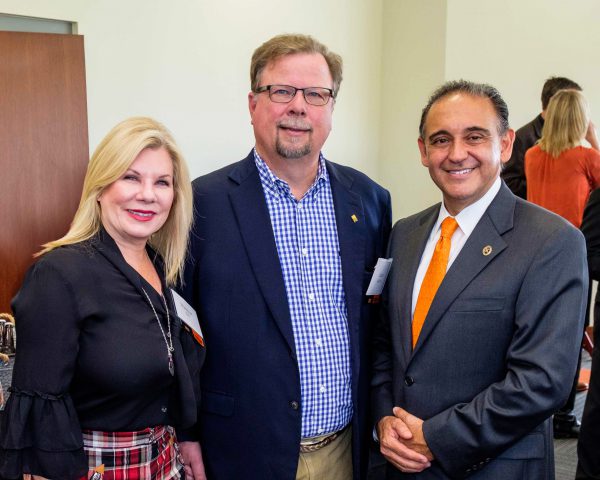
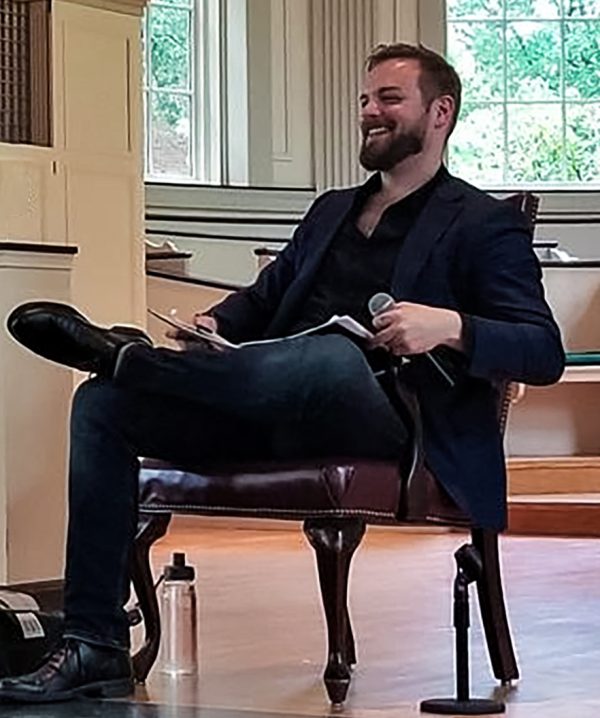


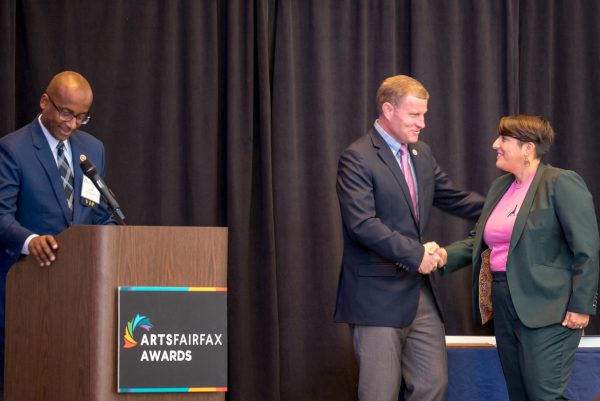

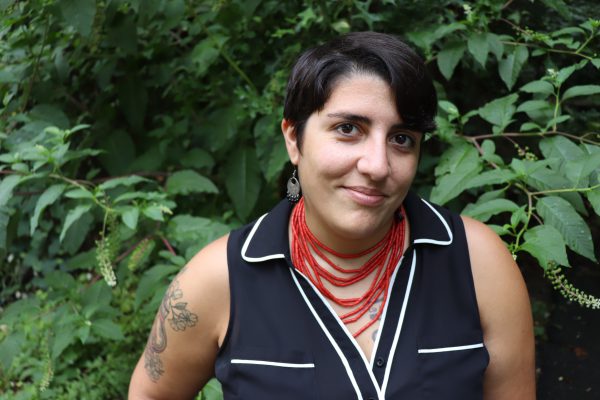
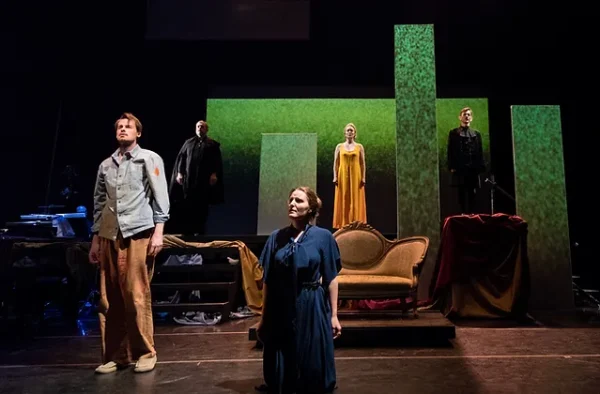
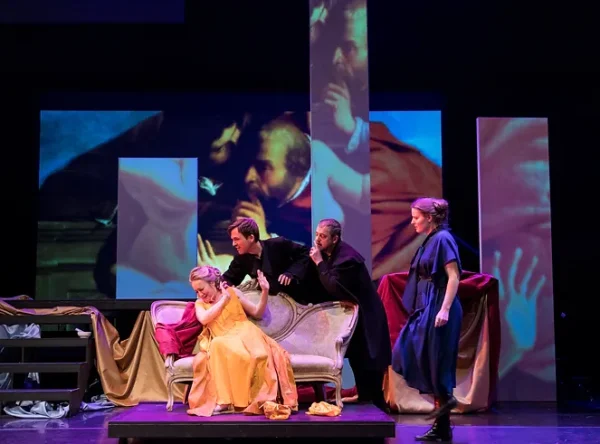
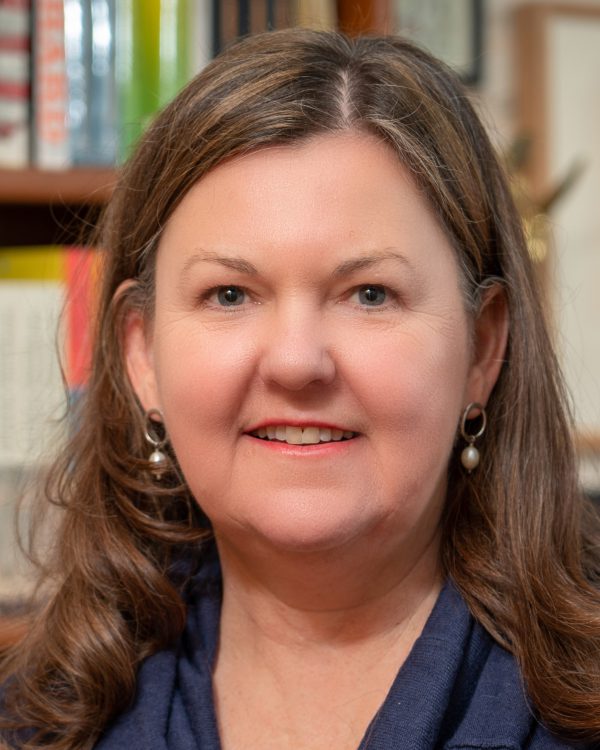
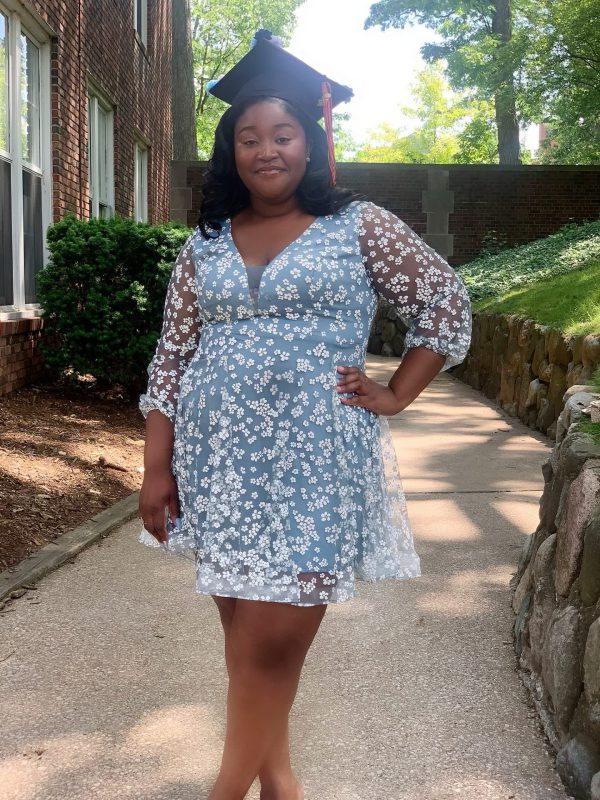
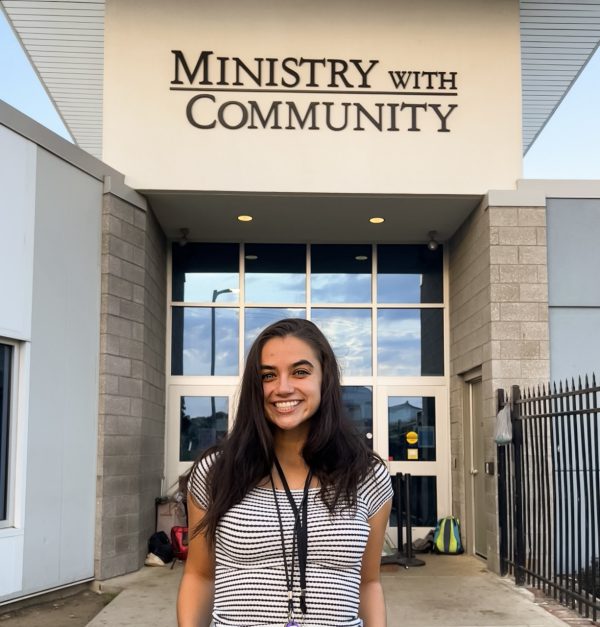
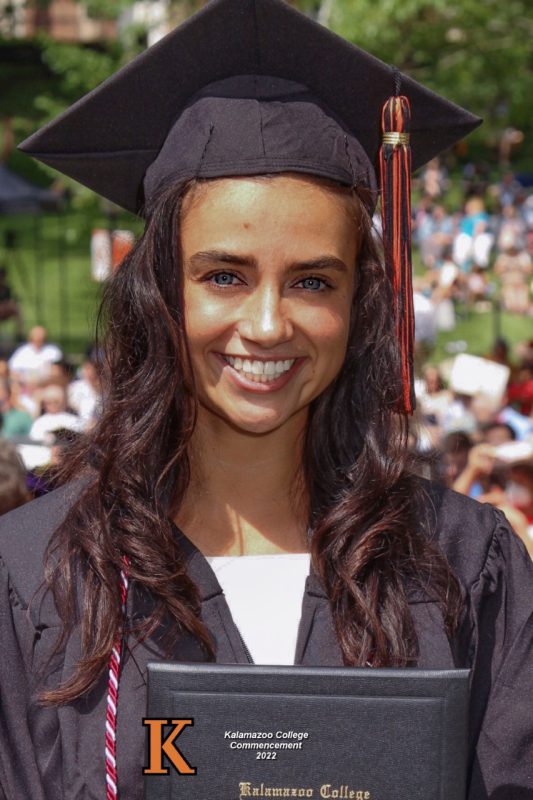

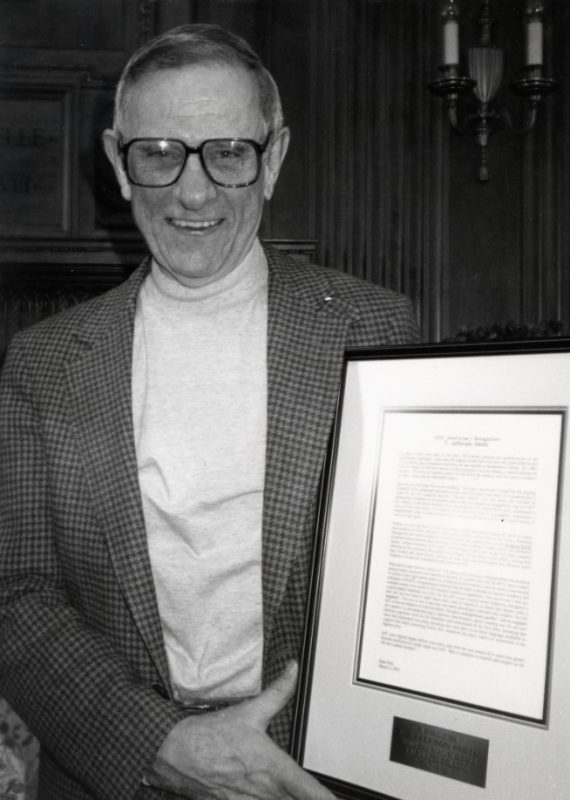
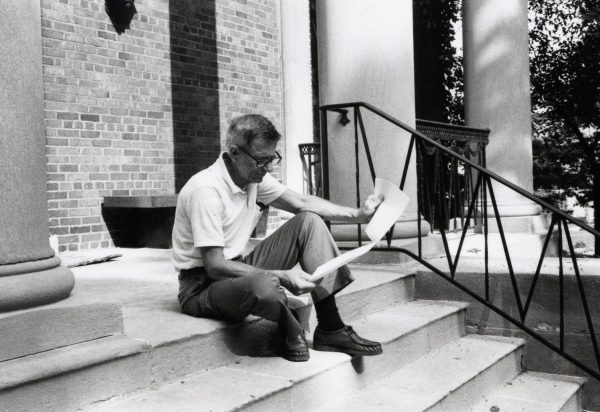

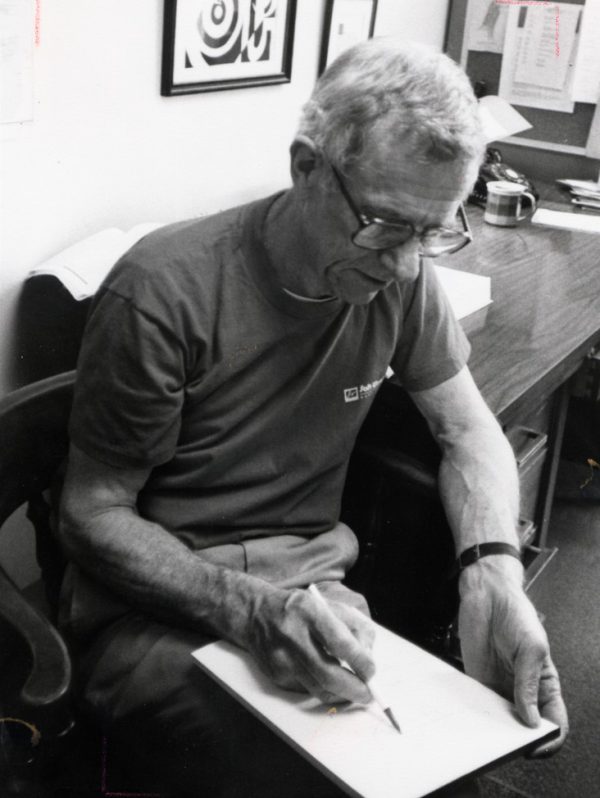
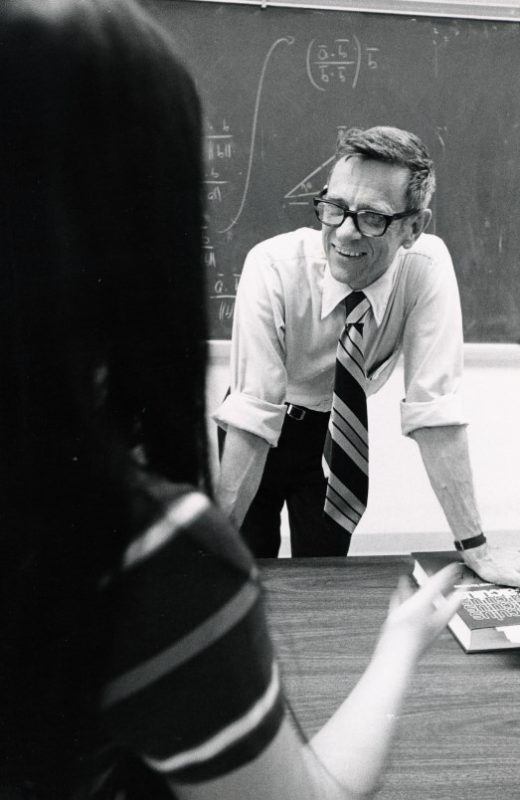

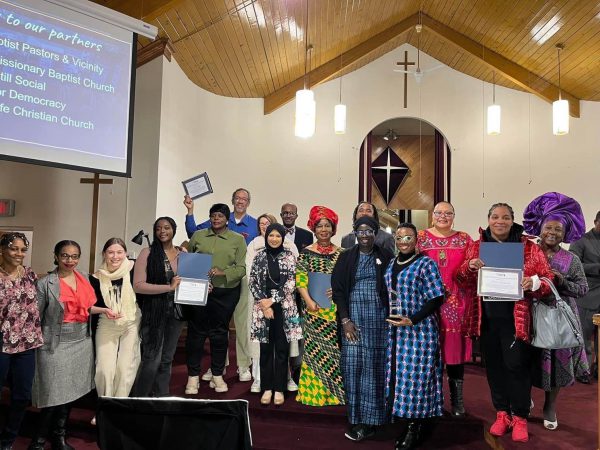
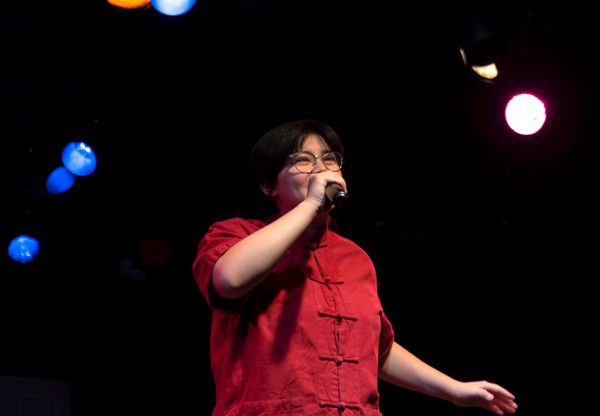
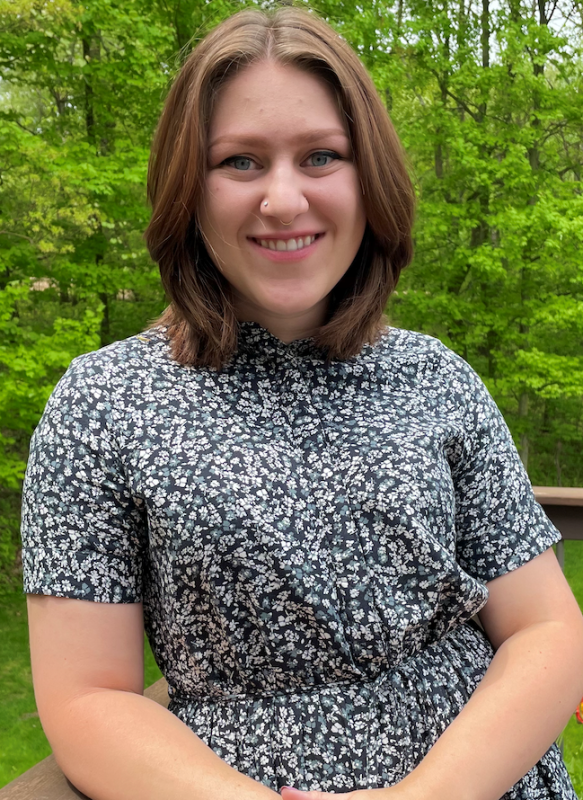
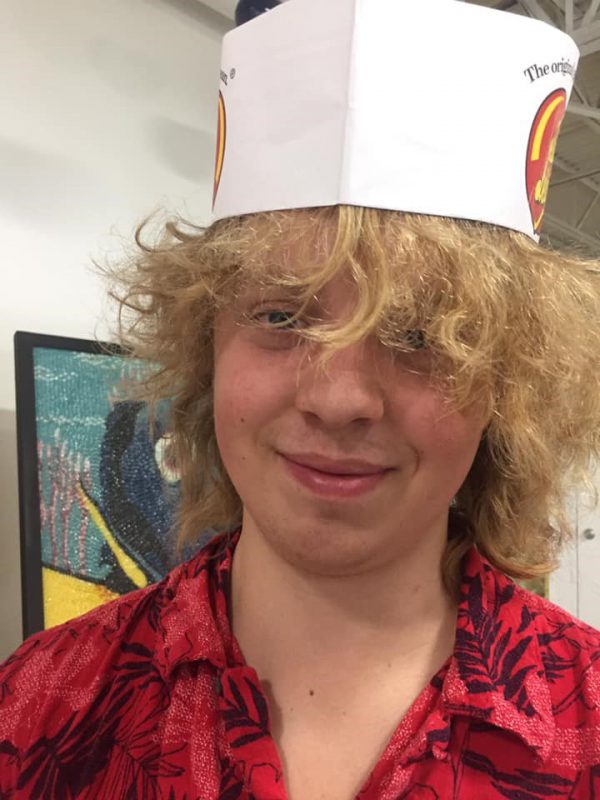
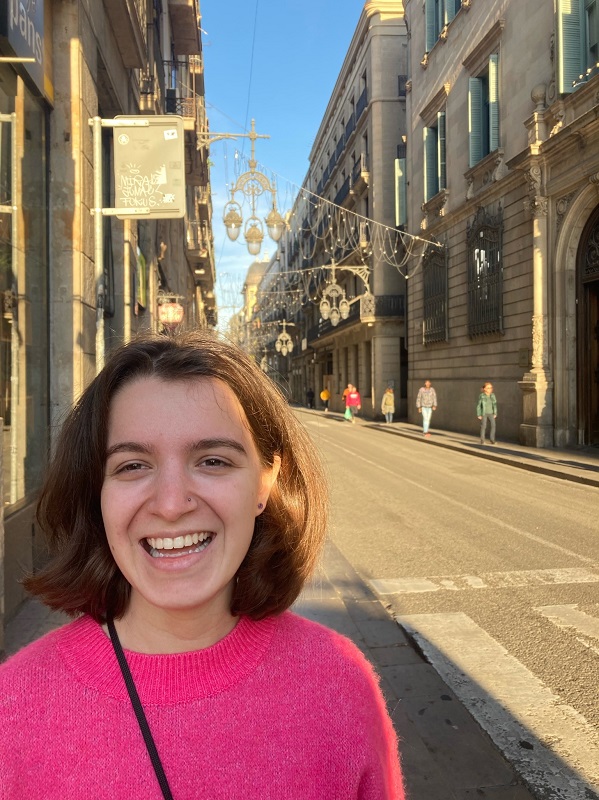
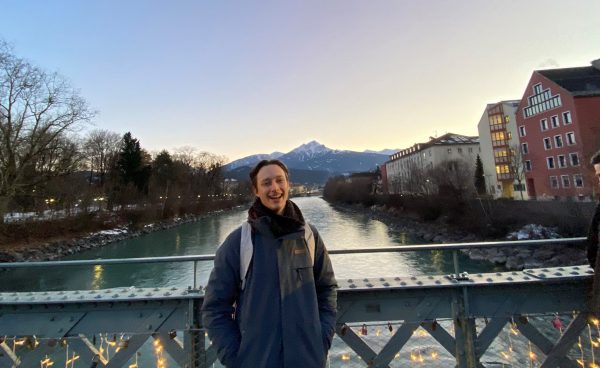 Matthew Flotemersch ’20
Matthew Flotemersch ’20